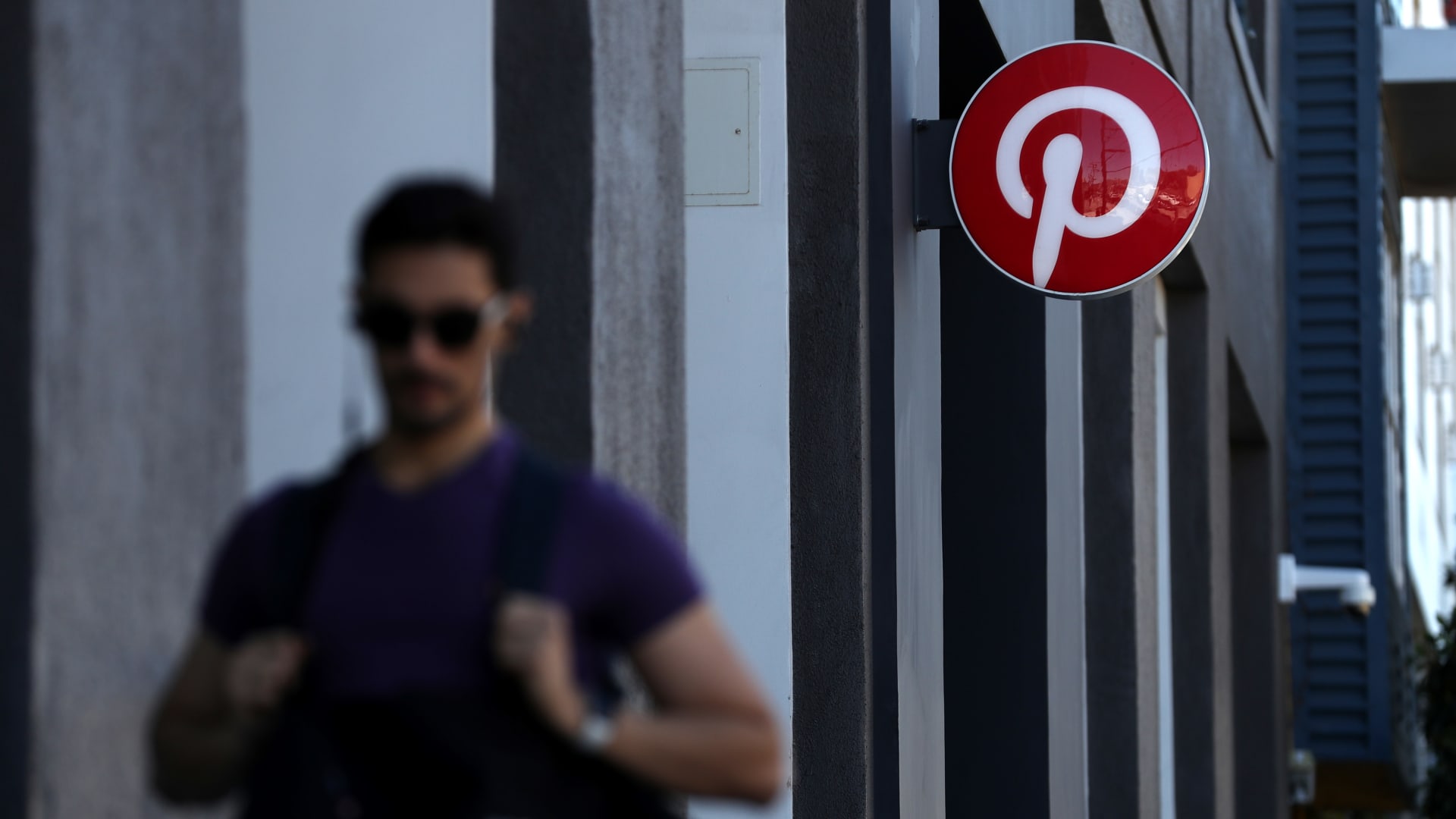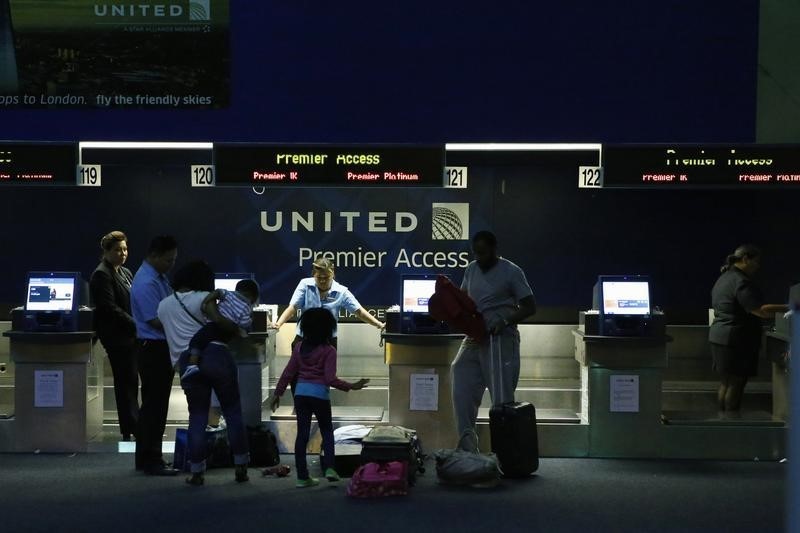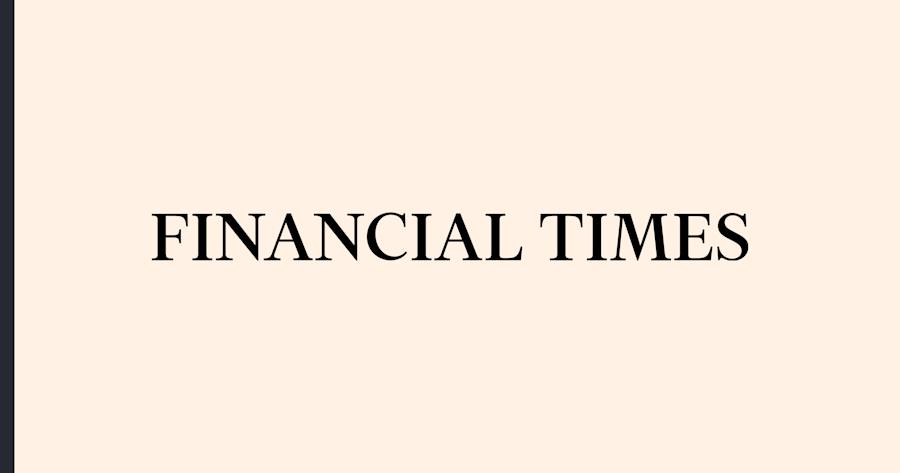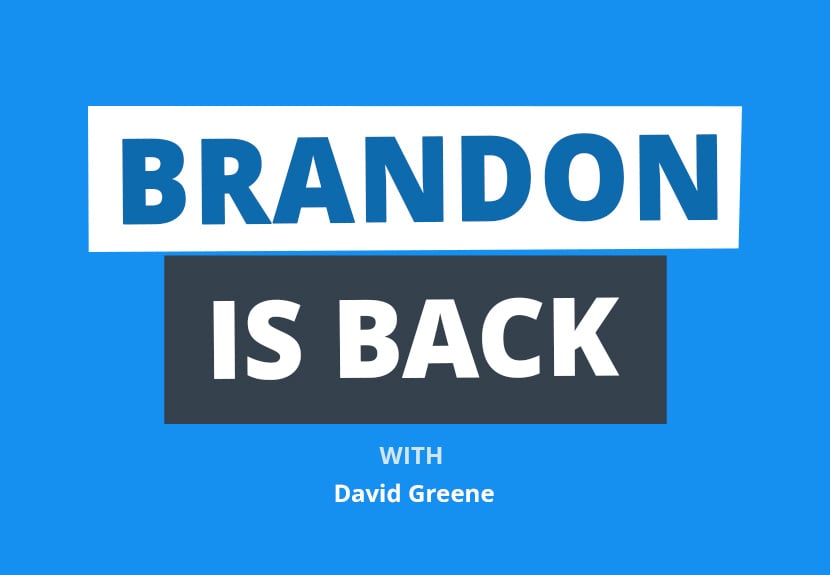Receive free European Council updates
We’ll send you a myFT Daily Digest email rounding up the latest European Council news every morning.
Europe and Latin America failed to agree on even an expression of “concern” over Russia’s invasion of Ukraine, but leaders of the two regions maintained that their first summit in eight years had pushed forward relations.
Wording on Ukraine had already been significantly watered down over the course of the two-day meeting, including by removing any reference to Russia, to the frustration of European leaders who have sought to win over the “global south” to Ukraine’s cause.
But Nicaragua, whose president Daniel Ortega is an ally of Vladimir Putin, was the sole holdout on a text approved by 59 other nations that expressed “deep concern on the ongoing war against Ukraine”. That prevented a unanimous statement on the issue.
After the summit, Charles Michel, the president of the European Council, said: “It’s also essential to note that our friends in Latin America and the Caribbean support us . . . the war is a problem for Europe and the world.”
European leaders stressed they had achieved broad agreement for the expression of “concern” about the war, including from other Russian allies such as Cuba, Venezuela and Bolivia. The countries in attendance, minus Nicaragua, issued a joint declaration.
“What’s important to me is that all the EU members are aligned on that and all the Celac [Community of Latin American and Caribbean States] members are aligned except Nicaragua,” said Emmanuel Macron, the French president.
“The meeting was very important and very ambitious,” said Alberto Fernández, president of Argentina. “Never before have we been able to reach so many points of agreement as we have achieved now.”
Macron also praised the role of Brazilian president Luiz Inácio Lula da Silva in supporting efforts to find common language. “[Lula] doesn’t go as far as some allies of Nato but he is perfectly lucid on the nature of this war and its consequences, including on food,” said Macron, referring to Russia’s decision to back out of a deal to export Ukrainian grain across the Black Sea.
While talks on the joint statement were held up by Nicaragua, there was progress in side-meetings at the two-day summit. Both Lula and European Commission president Ursula von der Leyen said they hoped to reach agreement on the long-delayed EU-Mercosur deal by the end of the year.
Lula, Macron, Fernández and Gustavo Petro, the president of Colombia, brokered the first meeting between the government of Venezuela and its opposition since talks broke down between the parties in Mexico in November 2022. Countries also reached accord on the post-Cotonou agreement, a political and trade agreement between the EU and African, Caribbean and Pacific countries, which had been blocked by Poland.
Establishing more regular contact with Latin American leaders had also been a goal of the summit. The leaders agreed to meet in Colombia in 2025.
Additional reporting by Henry Foy in Brussels and Michael Stott in London















